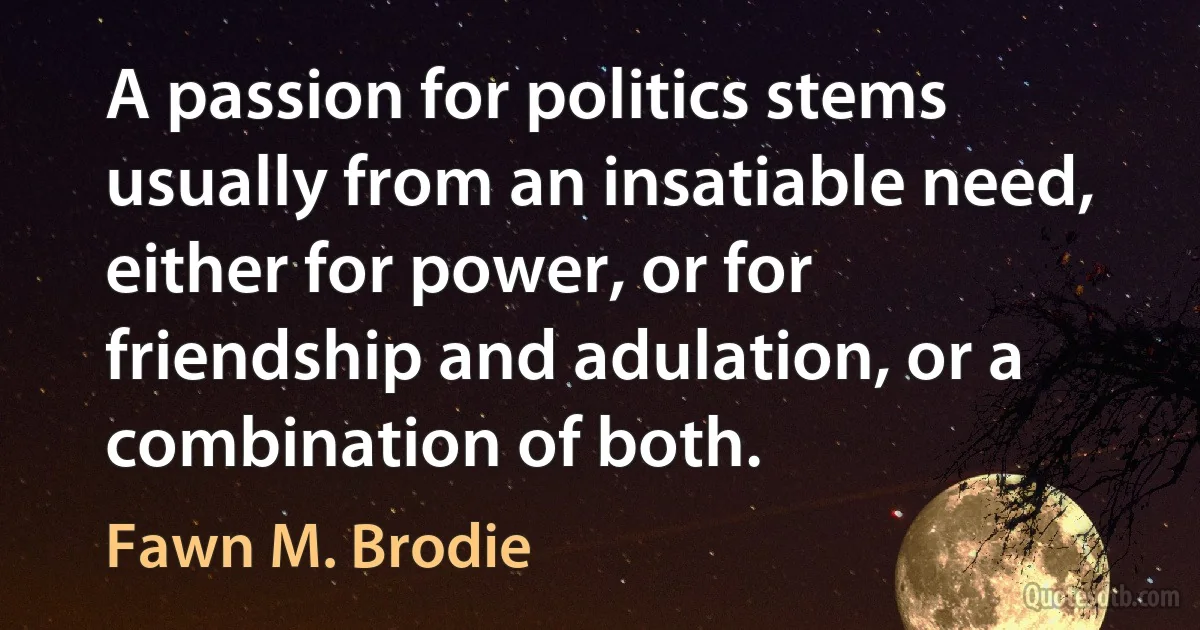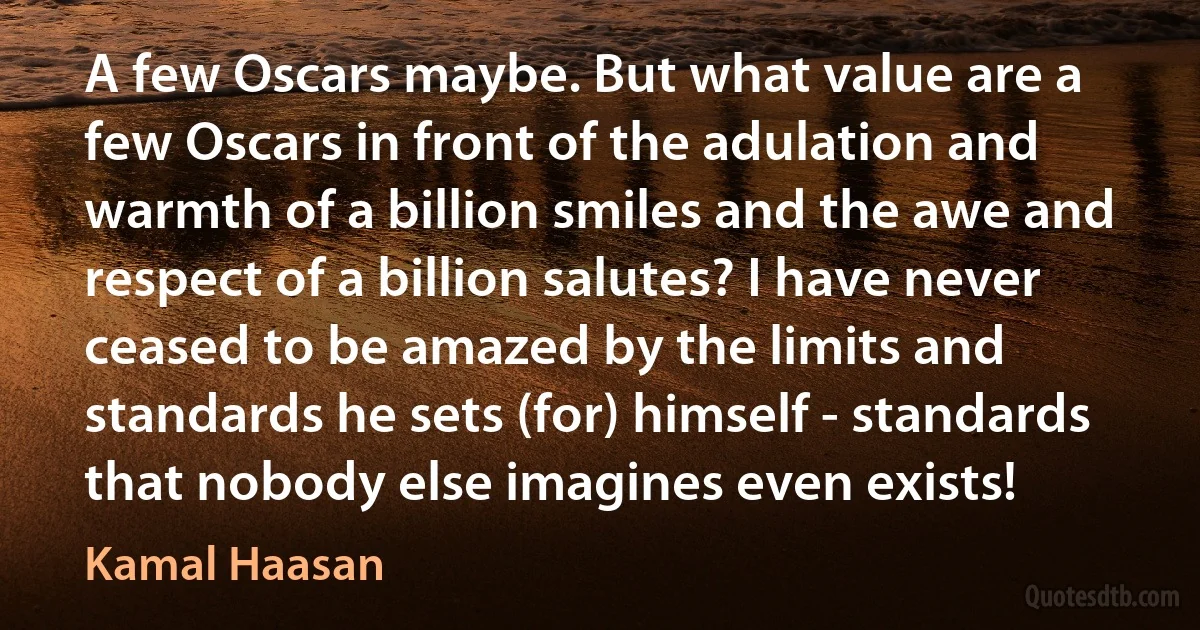Adulation Quotes
Look, three love affairs in history, are Abelard and Eloise, Romeo and Juliet and the American media and this President at the moment. But this doesn't matter over time. Reality will impinge. If his programs work, he's fine. If it doesn't work, all of the adulation of journalists in the world won't matter.

George Will
The great writers-Marcel Proust, Anton Chekhov, Hannah Arendt, Simone Weil, Max Weber, Samuel Beckett, George Orwell, W. E. B. Du Bois, James Baldwin and others-knew that thought is subversive. They challenged and critiqued the dominant narrative, assumptions and structures that buttress power. They freed us. They did not cater to the latest fashion of the academy or popular culture. They did not seek adulation. They did not build pathetic monuments to themselves. They elucidated difficult and hard truths. They served humanity. They lifted up voices the power elites seek to discredit, marginalize or crush.

Chris Hedges
This book is about three Frenchmen who lived and wrote against the grain of these three ages of irresponsibility. They were very different men and would have been surprised to think of themselves as a group, yet they have something rather distinctive in common. All three played an important role in the France of their lifetime but lived at a slightly awkward tangent to their contemporaries. For much of his adult life each was an object of dislike, suspicion, contempt, or hatred for many of his peers and contemporaries; only at the end of their long lives were Léon Blum and Raymond Aron, for quite different reasons, able to relax into the comfort of near-universal admiration, respect, and, in some quarters, adulation. Camus, who had experienced all three by the age of thirty-five, died twelve years later an insecure and much-maligned figure; it would be thirty years before his reputation would recover.

Tony Judt
I don't mind people admiring me if they want to but I don't think it's very logical. It's not like I was St. George knocking off some dumb dragon or anything like that. First of all, you're talking about something I did a long, long time ago. Secondly, we were doing things that were not expected to last a lifetime. We figured they'd last about three years and then disappear forever. Remember there was no television back then and no place for the cartoons to go after they left the theaters. But I'm not trying to demean what we did. I always took the work very seriously and I'm proud to have been associated with the work we did. It's just that adulation is impractical and makes me uncomfortable. Nobody noticed us back then. Nobody called us geniuses. And we didn't feel like artists. We were just trying to make people laugh.

Chuck Jones
The range of emotions parents can arouse in their children – affection, rebellion, indifference, fear, adulation, their disturbing combinations – suggest a repertory of subjective universals, cutting in each individual case at random across cultures. What children know – as opposed to feel – about their parents, on the other hand, is likely to be a function of objective constraints that vary more systematically: tradition, place, life-span.

Perry Anderson
he regarded it with the feelings due not to a mere mental delusion, but to a great moral evil. He looked upon it as the greatest enemy of morality: first, by setting up factitious excellencies, -- belief in creeds, devotional feelings, and ceremonies, not connected with the good of human kind, -- and causing these to be accepted as substitutes for genuine virtues: but above all, by radically vitiating the standard of morals; making it consist in doing the will of a being, on whom it lavishes indeed all the phrases of adulation, but whom in sober truth it depicts as eminently hateful.

John Stuart Mill
He is firm in constitution, as in resolution; industrious, indefatigable, determined and persevering; fixed in opinion, and unbiased in judgment; not over accessible, but studious to reward merit. He is a rock against which the waves of calumny and malice, moved by the gusts of passion natural to envy, have dashed; have washed its sides: he is still immovable on his base. He is in some degree susceptible of adulation, as is every man who has an honest thirst for military fame. He endures fatigue and hardship with fortitude uncommon for a man of his years. I have seen him, in the most severe night of the winter of 1794, sleep on the ground, like his fellow-soldiers, and walk around the camp at four in the morning, with the vigilance of a sentinel.

Anthony Wayne
Being God, I must choose My words carefully. People, I've noticed, tend to hang on to My every remark. It gets annoying, this servile and sycophantic streak in Homo sapiens sapiens. There's a difference, after all, between tasteful adulation and arrant toadyism, but they just don't get it.

James K. Morrow
In my case, dust has become gold: Today, I work with people I grew up admiring. But, internally, I am the same person I always was. Ever since I embraced Sufism, I have learnt to separate myself from my desires and my success. Now, I can distance myself from all the adulation showered on me.

A. R. Rahman
I remember being in Atlantic City once when I was 18 or 19, and a sea of people were screaming and pulling their hair because I was there. It was weird. Nobody deserves adulation like that. I tried to explain it to my kids once. I said, 'Mommy used to be kind of cool, kind of like a Britney Spears.

Genie Francis



